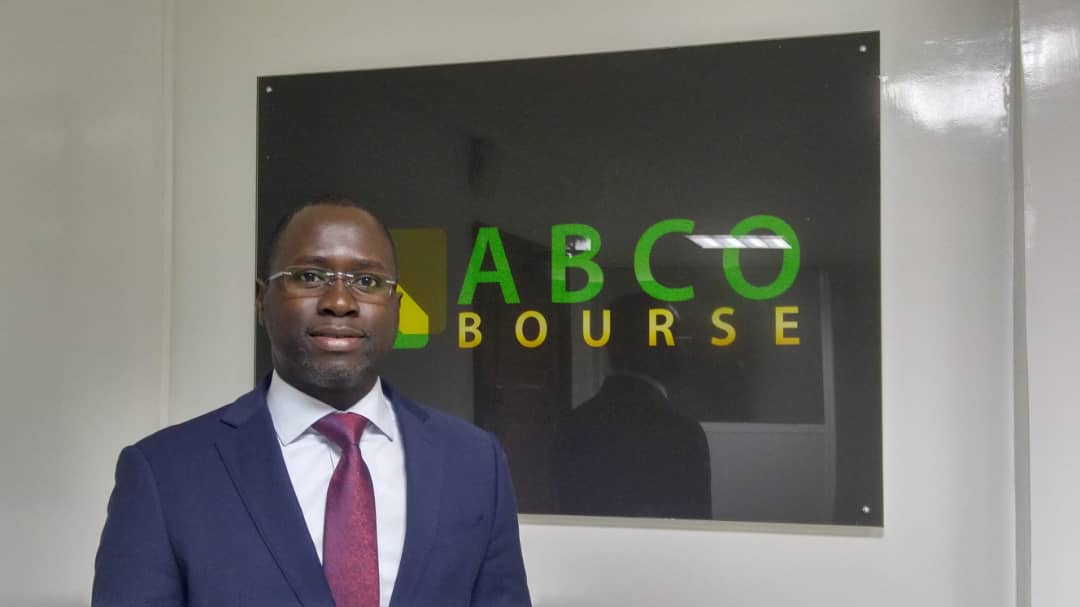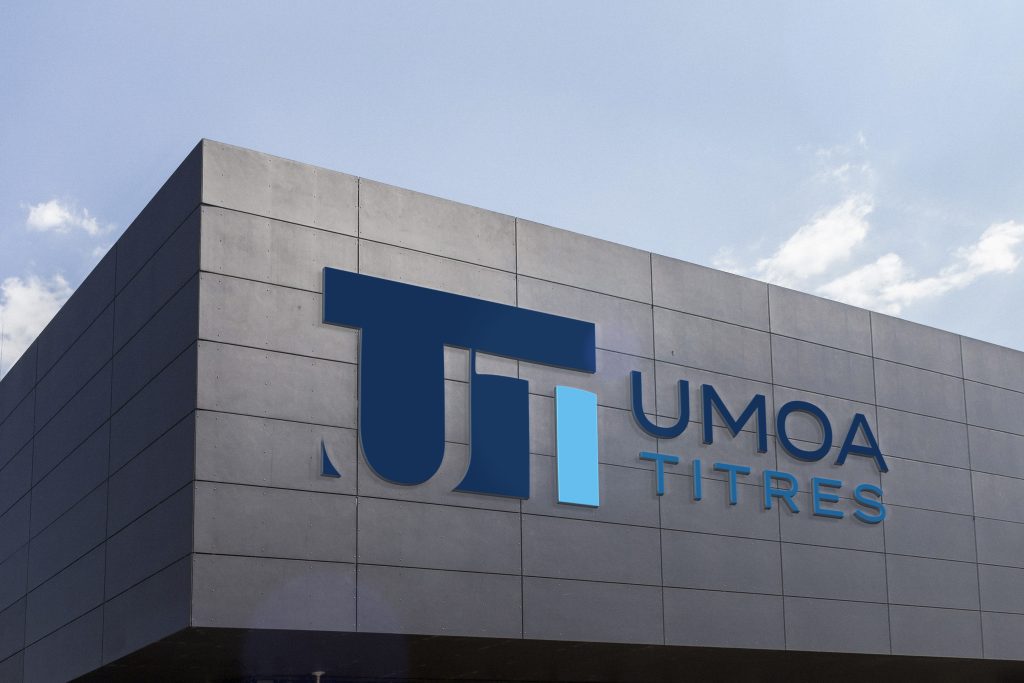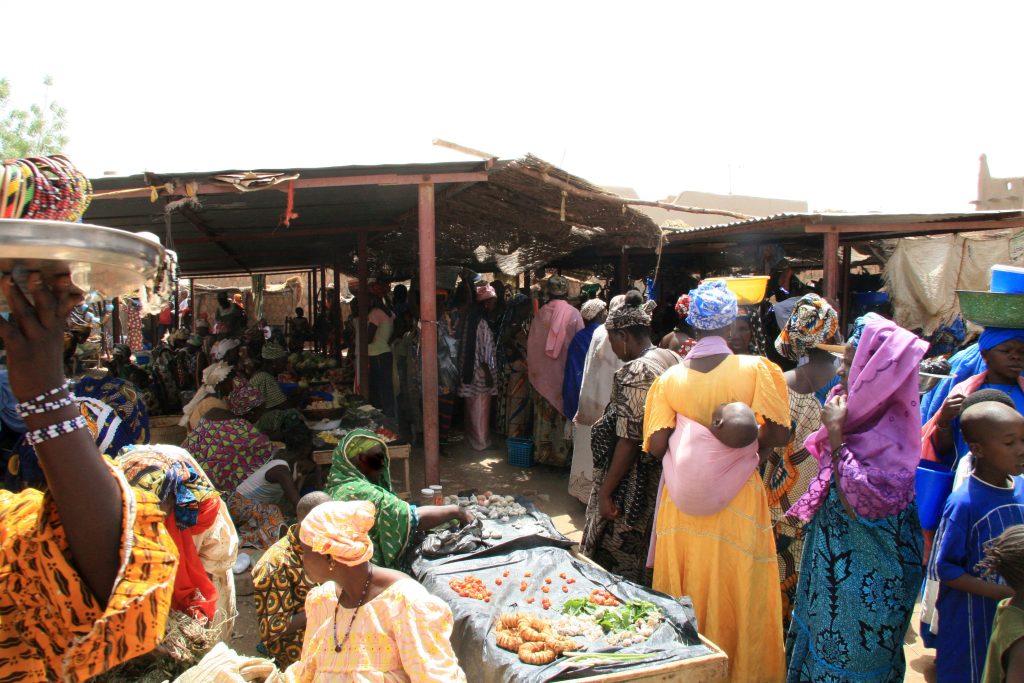CLEMENT NDIAYE, GENERAL MANAGER OF ABCO BOURSE
THE WAMU GOVERNMENT SECURITIES MARKET: ITS TECHNOLOGICAL INNOVATIONS, ITS STRATEGY FOR ATTRACTING INVESTORS AND ITS GROWTH PROSPECTS IN THE FACE OF THE GLOBAL HEALTH CONTEXT
The stock brokerage company ABCO Bourse was founded in 2015 by young Senegalese talents with careers in finance and banking systems in North America. Constant innovation, tailored services and mutual trust are key factors that have enabled this financial institution to become a reference in the local market, as evidenced by its recent membership in SAGETIL, the first of its kind in Senegal. Clément Ndiaye, General Manager of ABCO Bourse, shares his point of view on stock brokerage firms joining SAGETIL system and the impact of such technological innovation. He will also discuss the development prospects of WAMU money market, and that of government securities in particular, before concluding with the COVID-19 pandemic and its impact on all regional market actors.
1. Impact of ABCO BOURSE’s membership to SAGETIL and outlook
A stock brokerage firm operates in one or several financial areas such as financial engineering, financial planning, investment advice and securities brokerage. SAGETIL, the Automated Securities and Liquidity Management System of the West African Monetary Union, is used for securities brokerage operations. It is a platform that allows the issuance of government securities on the basis of auctions with a view to their placement on the primary market. This application serves as a common base for money market operators and thus allows them to have access in real time and directly to the market of public securities issued by auction.
Such an initiative is a major technological innovation that will enable the development of ABCO Bourse operations on the primary market of government securities as well as on the secondary market with greater autonomy. Moreover, such streamlined procedures will improve speed and fluidity of execution. Indeed, before the entry into force of this new regulation authorizing brokerage firms to have access to SAGETIL platform, those firms were required to use the services of a local bank acting as an intermediary in order to participate in auctions, to execute transactions on the secondary market, and to issue and hold securities.
This major change reduces the number of stakeholders involved in the execution of transactions on behalf of clients who buy and sell securities and increases speed at all levels of the decision-making and execution chain. Among other significant advantages, access to SAGETIL platform provides brokerage firms with the necessary means to better manage the confidentiality of their clients’ information as well as a faster and more secure access to public securities market statistics.
Another advantage of SAGETIL platform, and not the least, is that it gives ABCO Bourse the leverage to optimize resource mobilization through public securities by auction so as to propose financing to Member States and offer investors safe options to make their savings or their cash flow profitable.
However, in order to ensure an optimal transition, it is fundamental for brokerage firms to maintain a strong link with their banking partners so that transactions to be carried out in the short and medium term are carried out in due form, without this change having a negative impact on the outcome of transactions in general.
2. Development of WAMU’s Government Securities Market
Member States of the West African Monetary Union have recourse to short, medium and even long-term debt in order to finance part of their budget or to make investments.
Between 2016 and 2019, Member States combined revenues (Receipts and grants) increased continuously from 12,037 billion to 15,768 billion XOF. During the same period, their expenditures also increased from 14,811 billion to over 17,899 billion XOF. The Union’s budget deficit between 2016 and 2019 averaged 2,645.17 billion, while in 2020 it will be around 4,970 billion according to BCEAO projections.
The annual volume of public securities issued by our States has risen from 2516 billion in 2014 to 3420 billion in 2019. (source: UMOA-Titres).
At the start of 2020, the amount of loans to be made by the States of the Union on the regional financial market was estimated at 4361 billion. However, in view of the economic slowdown caused by the pandemic, the total amount borrowed by those States rose unprecedentedly, to exceed 8,500 billion for the year 2020.
In addition, to the significant increase in the financing needs of States to offset a major drop in their resources due in large part to the negative impact of the COVID-19 crisis on the economy of the Union and the world, the WAEMU government securities market come with investment characteristics that are safe, profitable and accessible to all.
Thus, the governments’ growing demand for resources coupled with the optimal and secure ecosystem offered by the regional financial market have boosted WAEMU government securities market.
Finally, it is important to emphasize that no WAMU Member State has recorded a payment default since the inception of the regional financial market, even during periods of major political crises in Côte d’Ivoire, Mali and Guinea-Bissau.
Annual volume of government securities issuance – in XOF billions

Source: UMOA-Titres
Overview of the Union’s financial operations
| In XOF billions | 2016 | 2017 | 2018 | 2019 | 2020* | ||||
| Revenues and grants | 12,037.9 | 12,976.8 | 13,672.8 | 15,768.2 | 15,803.4 | ||||
| Expenditure | 14,810.6 | 15,897.7 | 16,428.9 | 17,899.1 | 20,774.3 | ||||
| Overall balance | -2,772.8 | -2,920.9 | -2,756.1 | -2,130.9 | -4,970.8 | ||||
| % of GDP | -3.91 | -3.86 | -3.40 | -2.45 |
-5.50 |
||||
Source: BCEAO, 2016-2019 estimates, (*) Year-end projections
3. What strategy should be put in place to broaden the investor base?
A diversification strategy based on three strategic levers, namely target audience, offer of innovative and tailored products and services, and a more targeted and effective communication available in several languages, would enable the widening of the investor base of WAEMU government securities market.
- Lever 1: Establish the various profiles of current active clients on the Government Securities Market and potential clients, define their needs and priorities in terms of investment, segment this target audience according to specific criteria and then define appropriate financial products and communication media to arouse in them the desire to save or invest on the market in a growing, sustainable way and turn them into advocates of the market.
This effort of diversification and customer prospecting is nowadays facilitated by digital subscriptions open to the general public as well as the Diaspora of WAEMU States. With the advent of electronic money wallets, accessibility of SAGETIL platform to a greater number of market players, the States, central establishments as well as authorized participants would gain a lot by democratizing investment in securities.
- Lever 2: Once the target audience has been identified, it is now essential to present a product and service offer that meet customer priorities and needs. Diversification and innovation are key to offering products such as thematic savings plans with government backing to encourage people to save for retirement, for example. In addition, tax incentives and a distribution plan for these schemes in all financial institutions in the union could be proposed to promote awareness, subscription and use. The economic partners of the States would include banks, microfinance companies, brokerage companies, and mutual fund management companies.
- Lever 3: Publish in several languages, including local languages, concise and regular, simple and targeted messages on savings solutions accessible to all and for all. Depending on the interest and profile of the target audience, more precise information notes on trends in the WAEMU government securities market could be aimed at international institutional investors and made available in English. The solicitation of these investors should respect international standards in terms of access, availability and reliability of information necessary for rapid investment decisions. Together with brokerage companies, UMOA-Titres could organize roadshows to promote the market to asset managers, family offices, investment funds, hedge funds, international banks, and sovereign wealth funds in the world’s major financial centers.
Finally, the securities market has undeniable advantages which can serve as a basis to attract more investors, namely:
- A central bank common to the eight (8) Member States for the settlement of transactions on sovereign securities;
- A single market composed of eight (8) sovereign issuers with various risk levels offering a natural diversification with zero currency risk for investors in XOF;
- No issuer defaults or late payments since inception;
- A Financial Stability Fund established by the BCEAO to cover possible defaults;
- No withholding tax on coupons in the country of issue,
- A very attractive risk/return ratio.
4. The market and COVID-19
Noteworthy, the market has been greatly responsive and appropriate measures put in place by the authorities to contain the impact of COVID-19 on the regional Government Securities Market. Indeed, there have been significant achievements and progress in 2020, despite the pandemic:
- On average, 90% of Government Securities Market issues were subscribed with a coverage rate of over 100% during the year 2020.
- An amount of nearly XOF 8,500 billion has been mobilized since January 1, 2020, including issues of 3-month COVID bonds for a total of XOF 2, 236 billion.
- BCEAO organized auctions on its bidding windows from March 27, 2020, at a fixed rate of 2.5%, its lowest intervention rate. Noteworthy, majority of investors on the WAEMU government securities market are local banks. Thus, when the cost of access to resources for these banks falls, we can expect their greater participation in government securities auctions. This oversubscription creates a more diversified offer and, with the help of competition, the exit rate of issues tends to fall. That is a desired outcome for our States and therefore for taxpayers.
On the other hand, we note that market players are increasingly using the WAMU countries’ yield curve published by UMOA-Titres as a benchmark for secondary market trading. It is important for WAEMU government securities market to operate in accordance with international standards in terms of transparency and accessibility of information (bid/ask, spread) and this initiative by UMOA-Titres is to be welcomed. Even though it must be acknowledged that this rate curve will be more accurate when there is total uniformity in the way transactions are unwound by the players, especially those belonging to the same banking group.

However, we will have to take the time at the appropriate moment to take stock of all these initiatives taken by BCEAO to support the economic resilience of our States, assess the impact of such measures and, above all, communicate the achievements so that everyone can truly appreciate the participation/contribution of all financial market players to the national and community effort in response to the COVID-19 pandemic.















